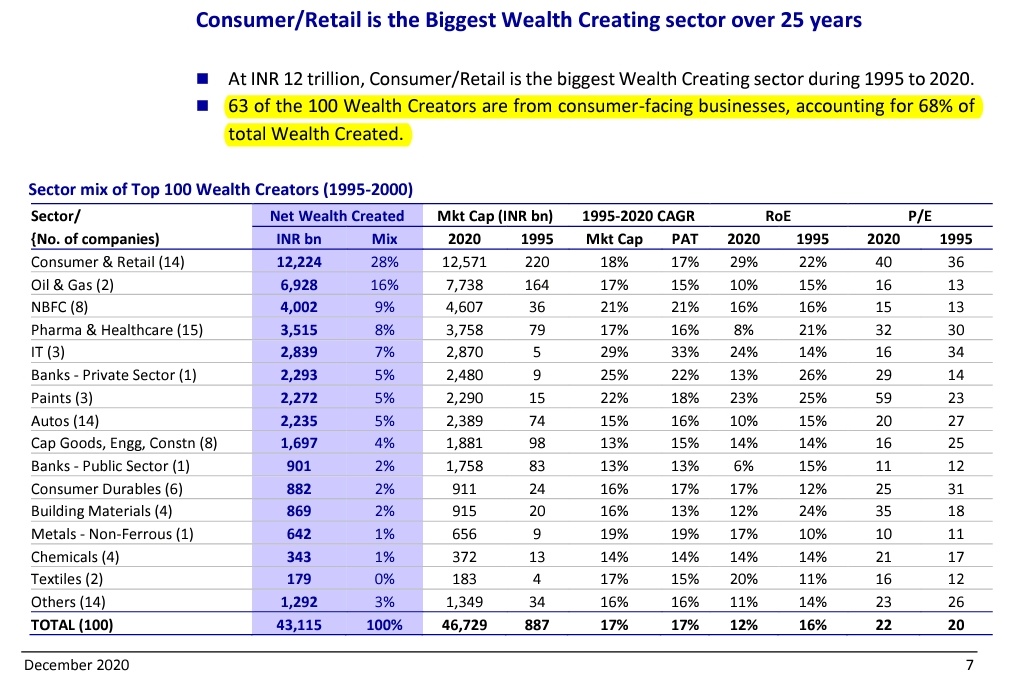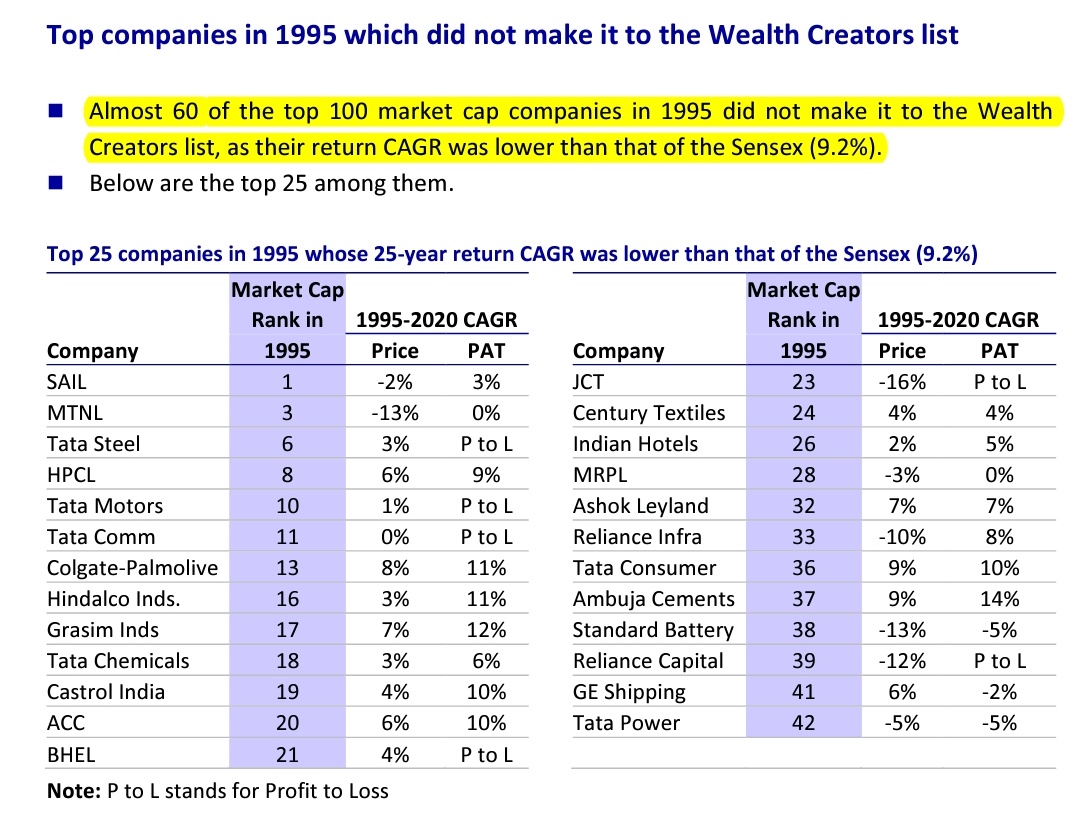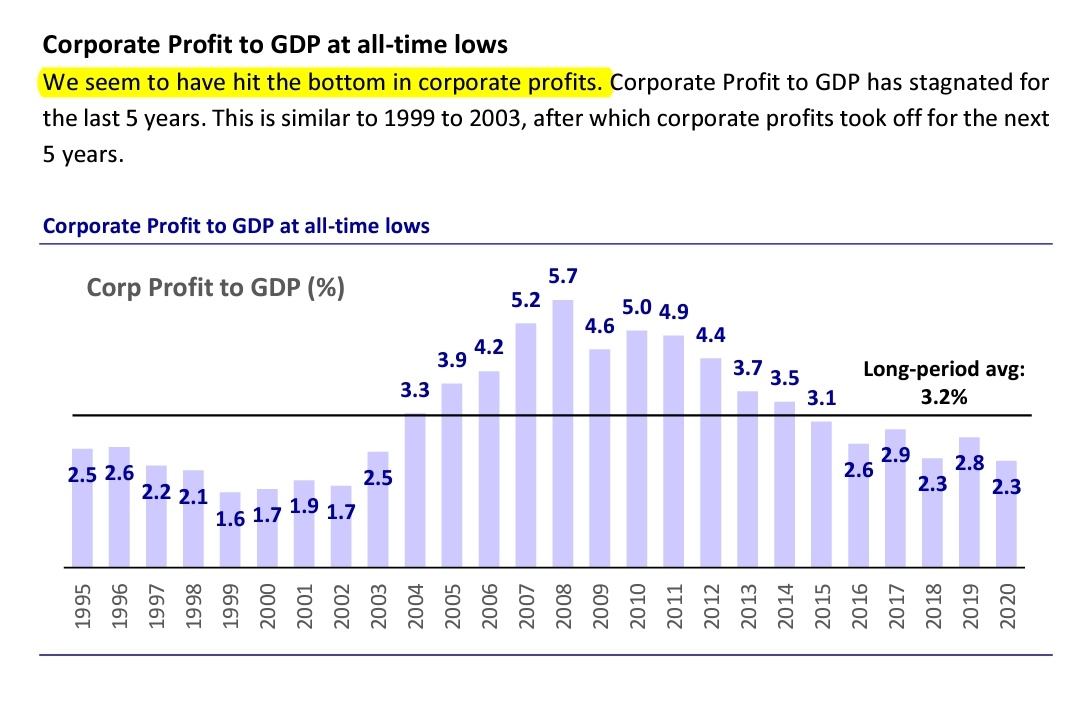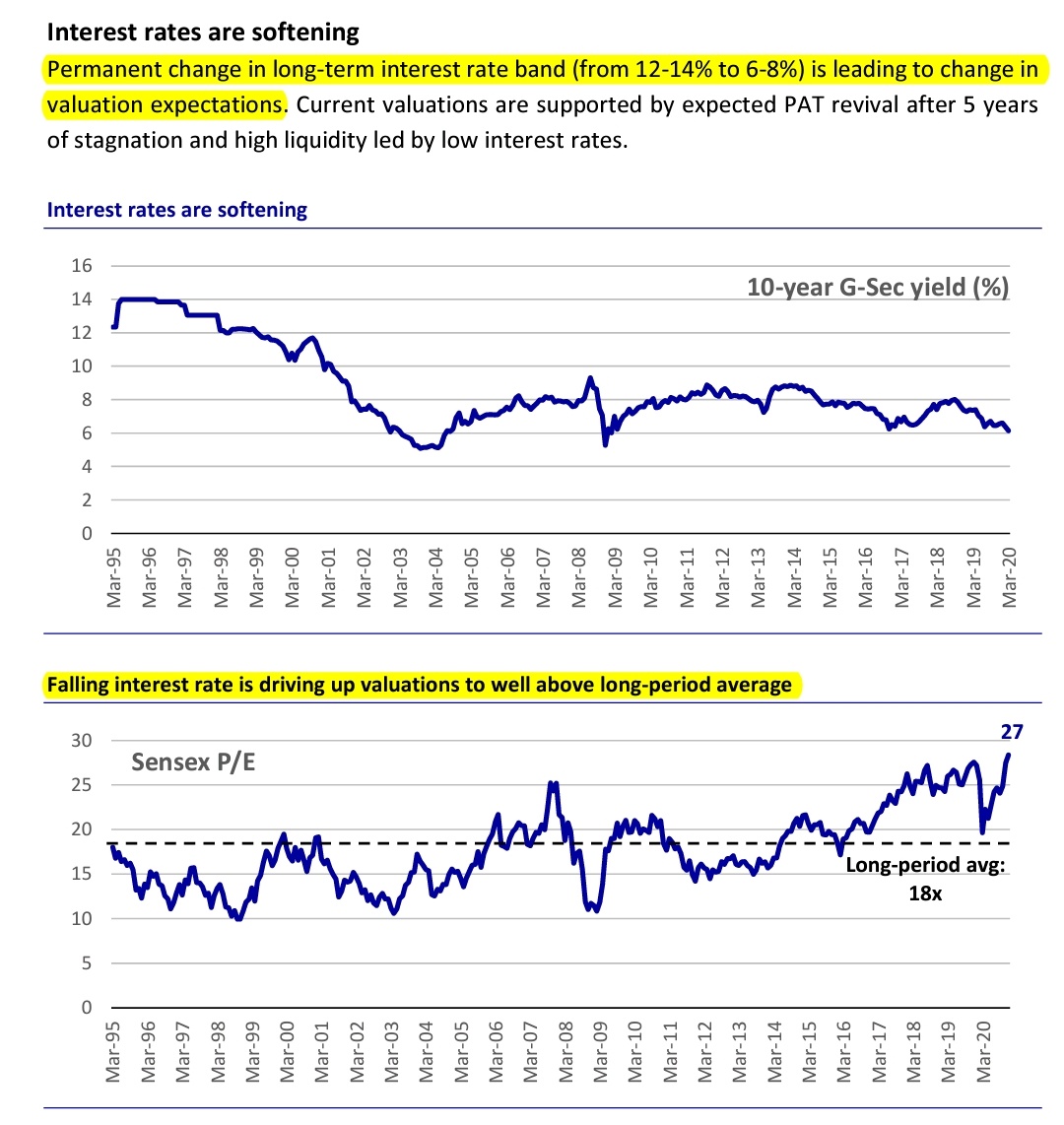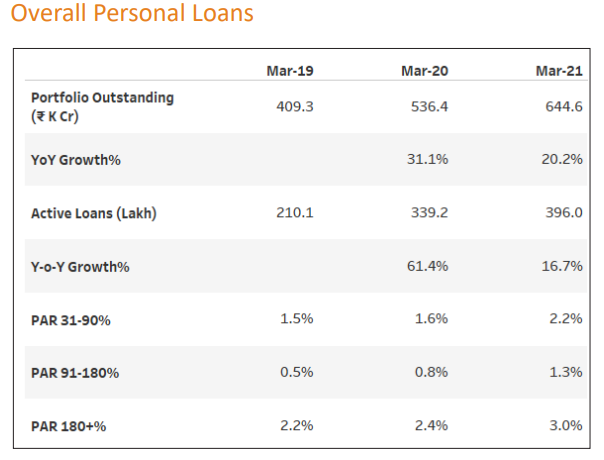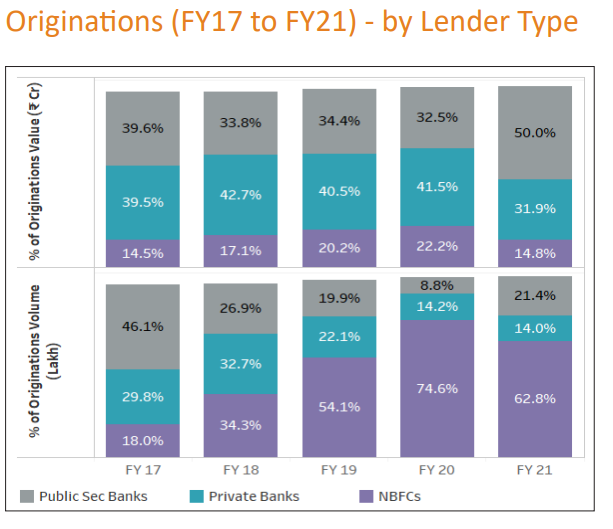An Emergency Fund is the first step towards financial freedom.
Everything You Need To Know about Emergency Funds
A Thread 🧵👇
An Emergency Fund is the first step towards financial freedom.
An emergency fund cannot be built overnight but it can be done gradually. Firstly, you need to analyse your monthly expenses and then, you need to set aside a particular amount every month.
Well, it depends upon your monthly income and expenses, ideally an emergency fund should be at least 6 months of your monthly expenses.
It is the most important criteria of building an emergency fund because managing your money is a very crucial part.
Once you have built your emergency fund, it should be diversified into different channels.
(b) Some portion should be kept in your savings bank account.
(c) A part of your money should be invested in the liquid fund, where your goal is not to chase returns.
BY : @ShubhamAggarwl
We have compiled a complete guide on Basics of Stock Market where you can learn most complex topics in the simplified manner and even a non-finance background person can learn.
Checkout → https://t.co/hgdS0e0FfS…




